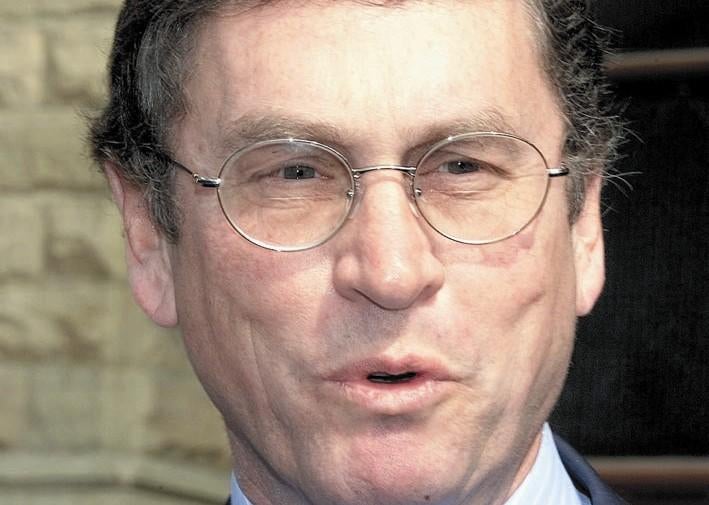
The Independent has at last managed to persuade a High Court judge to let it go ahead with defences of justification and fair comment in its libel battle with former Conservative Party deputy chairman Lord Ashcroft.
Lord Ashcroft is suing the newspaper, its then editor, Roger Alton, and journalist Stephen Foley over two articles it published appeared on 19 and 20 November, 2009.
The pieces appeared some three months after the British Government imposed direct rule on the Turks and Caicos Islands following a report criticising the governance of the then premier, Michael Misick.
Lord Ashcroft claims that the stories mean that he was participating in corrupt activities involving Mr Misick, who has been accused of benefiting from improper sales of Crown land and taking bribes from developers.
He also claims that the second article contained an additional accusation that he told a "blatant lie" in an attempt to cover up his conduct.
The defendants are pleading Reynolds privilege for responsible journalism on a matter of public interest, as well as justification and honest comment.
Mr Justice Eady said in a decision today that the case had "an unfortunately long and tortuous history", and that even now, more than two-and-a-half years after it started, the pleadings were not closed.
"This appears to be the seventh version of a substantive defence although, as seems to have become customary, it is not completely definitive since there are accompanying riffs contained in correspondence, without which the defence cannot properly be understood," he said.
"This is obviously unsatisfactory, to say the least, and the overriding objective now requires that the matter progress to trial so that the essential issues (which finally seem to have emerged from the surrounding mist) can at last be resolved."
But during a hearing on 20 July "I believe that it did finally emerge sufficiently clearly what the defendants intend to allege", said the judge, adding: "I propose, therefore, to proceed on the basis of what I perceive to be the substance of the defendants' case, despite the fact that it has not been crystallised in writing.
"This is an unusual course to take, but to adjourn the matter for yet further drafts would hardly meet the overriding objective."
He would give permission for pleas of justification and fair comment to go forward.
Email pged@pressgazette.co.uk to point out mistakes, provide story tips or send in a letter for publication on our "Letters Page" blog
